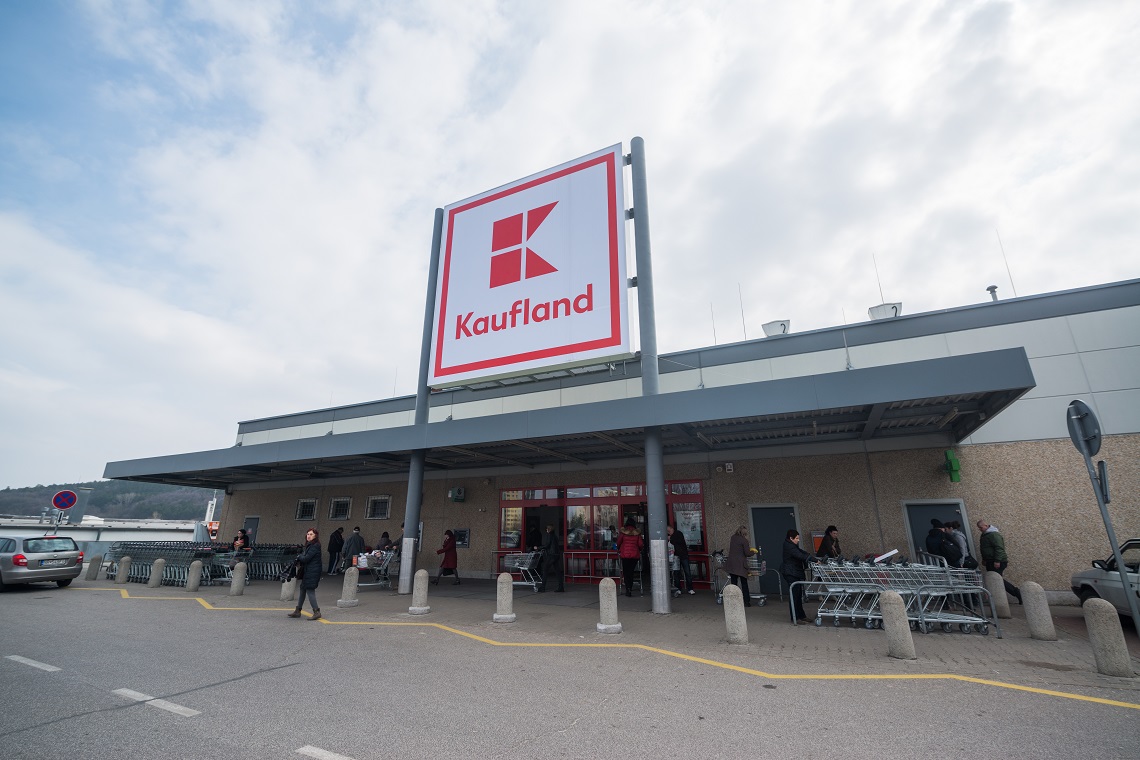By Norelle Goldring for National Liquor News
Retail press reportage on Kaufland has increased as the retailer marches toward a likely late 2019 launch in Australia. So who is Kaufland, and what’s their likely impact on off-premise liquor?
Based on the German verb ‘kaufen’, meaning ‘to buy’, Kaufland is owned by the German Schwarz Group, the world’s 4th largest retail conglomerate and owners of Lidl. Lidl is quite similar to Aldi in its look, feel, range and go-to-market. Schwarz Group have set up a number of Lidl trademarks in Australia in the past few years, but are yet to indicate intention to launch the Lidl operation here, citing the local market as too small and concentrated, and preferring instead to enter the US market.
So, to Kaufland. Kaufland currently operates nearly 1300 stores across Germany, the Czech Republic, Slovakia, Poland, Romania, Bulgaria, Croatia and Moldova. Australia will be its first non-European market entry and there are reports that the store format and offer may be altered for this market. Kaufland cites its values as being simplicity, quality, variety and price.
Traditionally Kaufland has been a hypermarket of Costco style, category breadth (including not only groceries and liquor but electronics, homewares, clothing etc) and proportions, only moreso. The big difference is in the size of the range – up to 60,000 skus for Kaufland, versus 4,000 for an average Costco. For context, Aldi typically stocks 1500 skus per store, and Coles and Woolworths up to 25,000.
This range scope requires a very big box to keep it in. In the Australian market, according to its website, Kaufland is looking for sites 17,000sqm+. The average Costco is around 13,000sqm, and for comparison the average Coles around 2300sqm.
The Kaufland brand ranging model is similar to Lidl’s or Aldi’s, with primarily their own brands (the German Kaufland site lists 25 of their own brands), and the occasional international branded flagship product such as Baileys or Corona. Most of the wines listed on the German Kaufland site sit between 4 and 8 Euros per bottle (AUD$6.30-$12.60), with well-known beer brands such as Erdinger and Franziskaner between 10 and 16 Euros (AUD $15.70-$25.20) for a 20-bottle case.
Whilst Aldi has been ranging liquor in its Victorian stores since 2003, it’s only in the past few years that it has extended to more stores in some other states (note neither Costco nor Aldi are currently legally able to sell liquor in SA or Qld). According to Roy Morgan packaged alcohol sales data from November 2018, Aldi represents 3.3 per cent of total packaged liquor and ‘other supermarkets’ (likely Costco, plus possibly Ritchies and few independent supermarket chains) only 0.8 per cent. (Note Woolworths dominates with 52.1 per cent, Coles 15.4 per cent, IGA same as Aldi at 3.3 per cent, and independent bottleshops and hotels 20.4 per cent).
Kaufland appear to be driving store rollout here faster than did Costco. Currently there are three sites in Victoria in development, at Epping, Dandenong and Chirnside, and three further Victorian sites awaiting approval for Mornington, Oakleigh and Coolaroo.
Based on European penetration, Morgan Stanley estimates that Australia could support as many as 295 Kaufland stores long term. Note that Aldi, after 17 years of operation here, in 2018 just surpassed 500 stores, and Costco at time of writing have fewer than a dozen locations with only a few in development. One of the constraints with big box formats is obviously suitable site availability, as Woolworths discovered with the Masters experiment.
So unless I’ve completely misinterpreted something here, it looks like for liquor it should be a reasonably slow burn in terms of Kaufland’s share of total off-premise liquor sales.
This column originally appeared in the May issue of National Liquor News.

